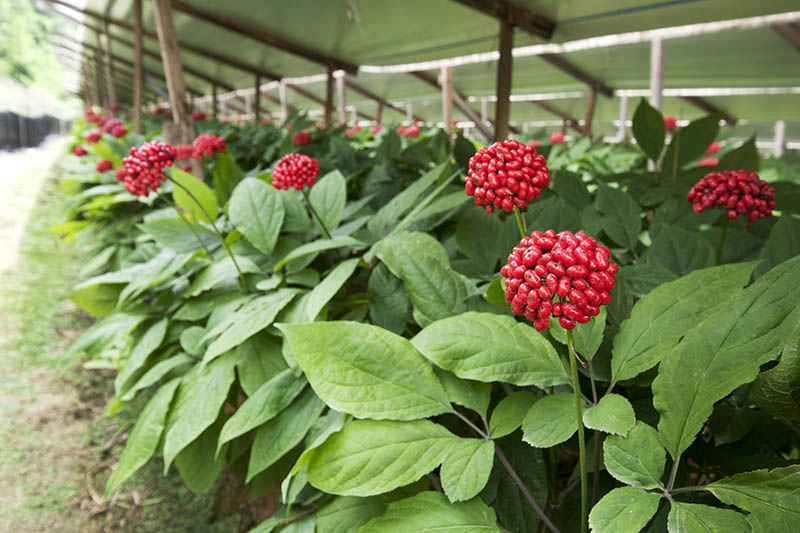
What are UTI’s? Urinary Tract Infections
Do you… Frequently or urgently need to urinate Often only pass small amounts of urine Have Pain or burning sensation when urinating These can be symptoms of urinary tract infections. There

Ginseng can cause mild anxiety and insomnia especially in people who are predisposed.
Other side effects include headaches, stomach aches, dizziness, and possible menstrual changes.
Ginseng should not be used for more than 3 months at a time.
It can also interact with other medication such as diabetes medicines, blood thinners, antidepressants, morphine, stimulants, and antipsychotic medications so it is best to consult a doctor before taking this herb.
It is not recommended for pregnant or breastfeeding women, or young children.

Do you… Frequently or urgently need to urinate Often only pass small amounts of urine Have Pain or burning sensation when urinating These can be symptoms of urinary tract infections. There
Disclaimer – Our intent is not to diagnosis but to offer information on therapy choices and practitioners. Information on this site is intended general educational purposes only. Any statements made are carefully referenced and any information, products or services discussed are not intended to diagnose, cure, treat or prevent any disease or illness. Please consult a healthcare practitioner before making a choice.